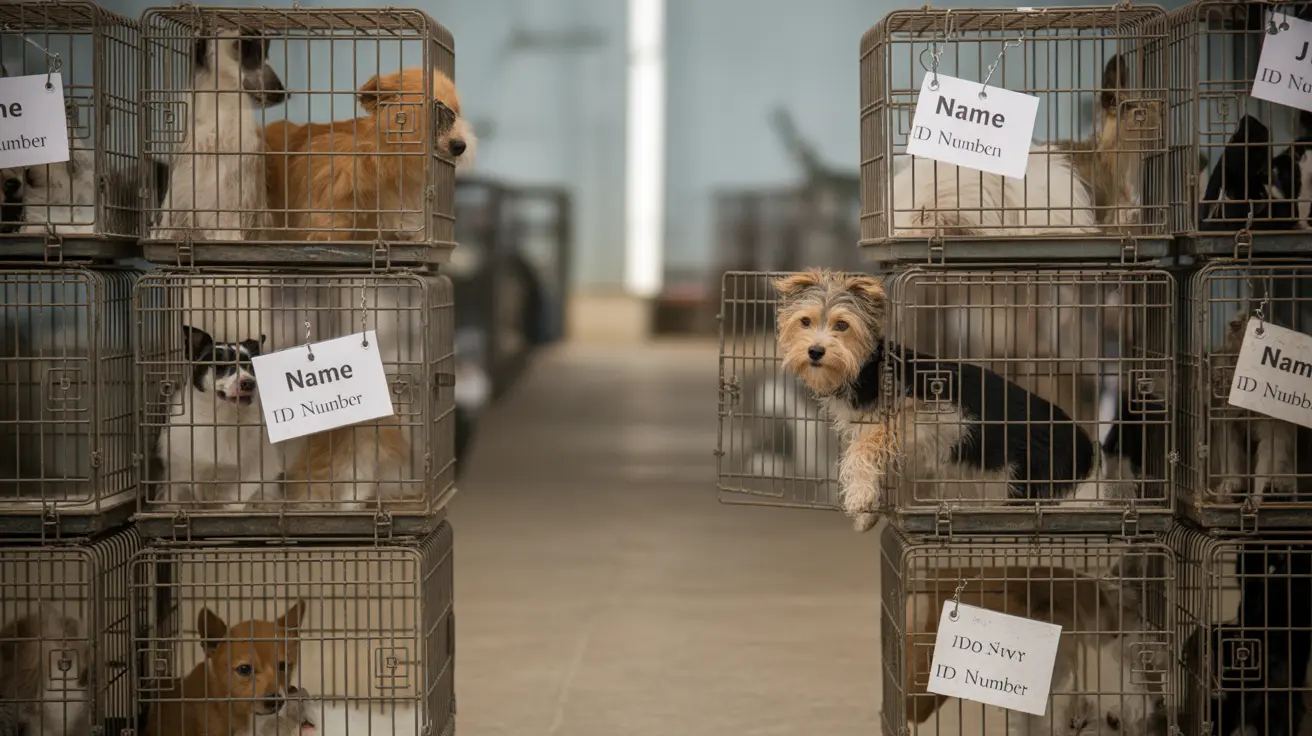Understanding Animal Hoarding and Its Impact
Animal hoarding represents a complex psychological condition where individuals accumulate more pets than they can properly care for, often believing they're helping the animals while inadvertently causing severe harm. Unlike typical pet ownership, hoarding situations quickly deteriorate as the number of animals exceeds the caretaker's ability to provide basic necessities like food, water, medical care, and sanitary living conditions.
The Murray County rescue underscores the urgent need for community awareness and intervention. When 23 animals are found in unsanitary conditions, it typically indicates months or years of gradual decline in their care standards.
Animal Neglect Signs Every Community Should Recognize
Identifying animal neglect early can prevent situations from escalating to the severity seen in Murray County. Key warning signs include multiple animals in poor physical condition, strong odors emanating from properties, animals appearing malnourished or untreated for medical conditions, and accumulation of waste both inside and outside homes.
Neighbors and community members often notice these indicators before authorities become involved. Properties with animal hoarding typically show signs of deterioration, with yards cluttered with makeshift shelters, excessive barking or animal sounds, and visible neglect of the premises.
The Rescue Process and Animal Welfare Laws Georgia
Georgia's animal welfare laws provide authorities with the necessary tools to intervene in severe neglect cases. When officers execute rescues like the one in Murray County, they must carefully document conditions, provide immediate medical attention to animals in critical condition, and ensure proper chain of custody for potential legal proceedings.
The 15 dogs and eight cats rescued will now undergo comprehensive veterinary evaluations, behavioral assessments, and rehabilitation programs designed to prepare them for eventual adoption into loving homes.
Animal Shelter Rescues and Community Response
Local animal shelter rescues play a crucial role in managing the aftermath of hoarding cases. These organizations must quickly mobilize resources to house, feed, and provide medical care for large numbers of animals simultaneously. The sudden influx of 23 animals represents a significant strain on shelter resources, highlighting the importance of community support during these critical times.
Spay and neuter programs become especially important in preventing future overpopulation issues that can contribute to hoarding situations. When animals aren't properly spayed or neutered, their numbers can multiply rapidly, overwhelming even well-intentioned caretakers.
How to Report Animal Abuse and Take Action
Community members who suspect animal hoarding or neglect should contact local animal control officers, sheriff's departments, or organizations like the ASPCA. Providing detailed observations, photographs when safely possible, and consistent documentation helps authorities build cases for intervention.
Many areas have anonymous reporting hotlines that allow concerned citizens to report suspected abuse without fear of retaliation. Early reporting can prevent situations from reaching the severity witnessed in Murray County.
Frequently Asked Questions
What are the signs that an animal is being neglected or hoarded?
Common signs include multiple animals in poor physical condition, strong odors from properties, malnourished animals, untreated medical conditions, and accumulation of waste. Properties often show deterioration with cluttered yards and excessive animal sounds.
How can I report suspected animal hoarding or neglect in my area?
Contact local animal control officers, sheriff's departments, or national organizations like the ASPCA. Many areas offer anonymous reporting hotlines. Provide detailed observations and documentation to help authorities assess the situation effectively.
What happens to animals after they're rescued from hoarding situations?
Rescued animals undergo comprehensive veterinary evaluations, receive necessary medical treatment, and participate in behavioral rehabilitation programs. Once healthy and ready, they're placed in foster care or made available for adoption through animal shelters and rescue organizations.
Moving Forward: Prevention and Community Support
The Murray County rescue serves as a powerful reminder that animal hoarding affects communities nationwide. By staying vigilant, reporting suspected neglect, and supporting local animal welfare organizations, we can help prevent future tragedies and ensure rescued animals find the loving homes they deserve.
Supporting spay and neuter programs, volunteering at local shelters, and educating others about animal welfare laws creates a stronger safety net for vulnerable pets across Georgia and beyond.






